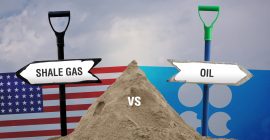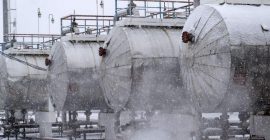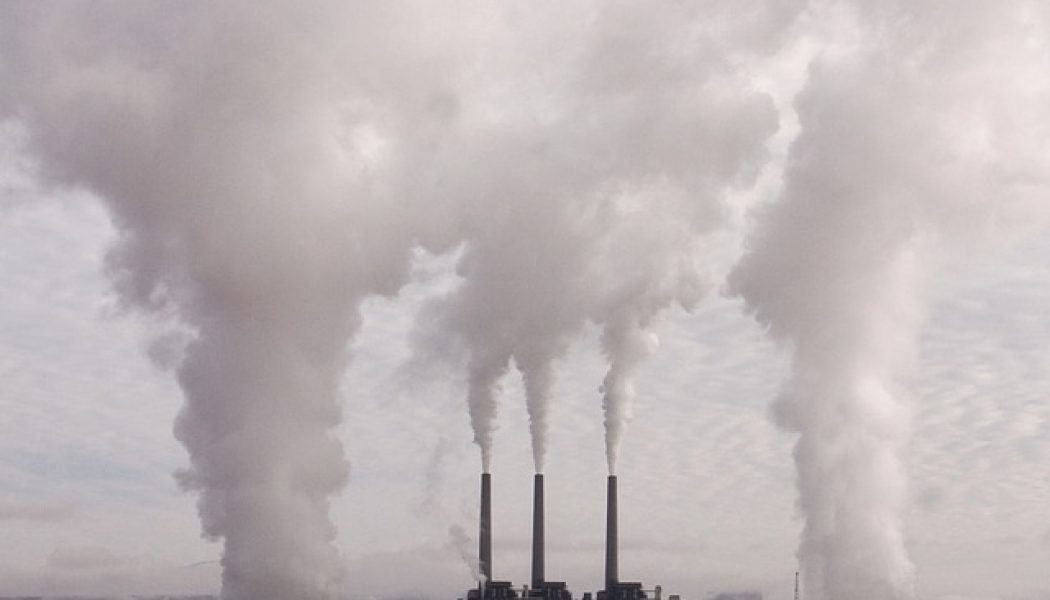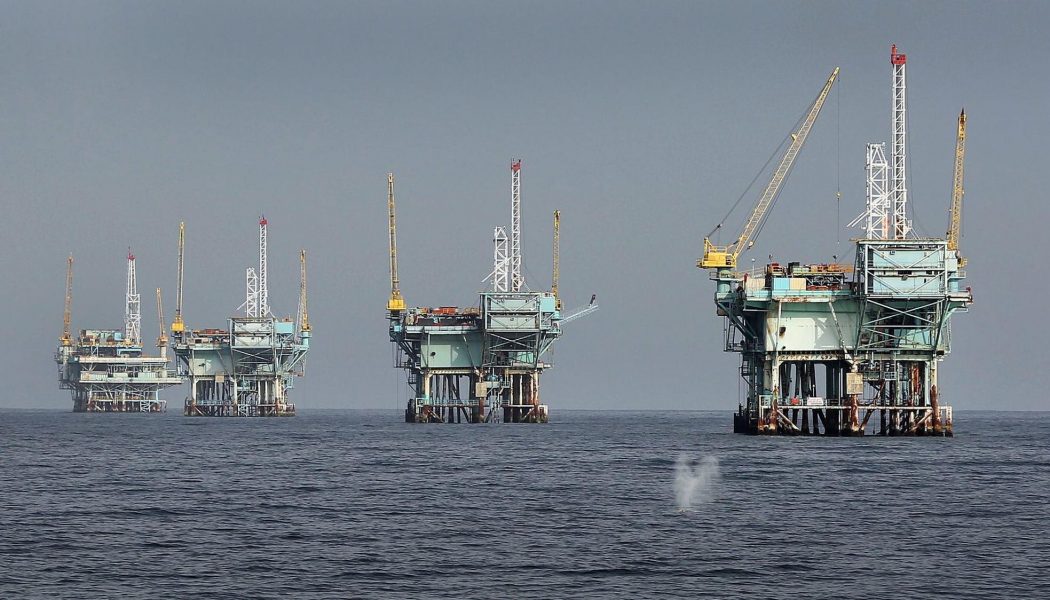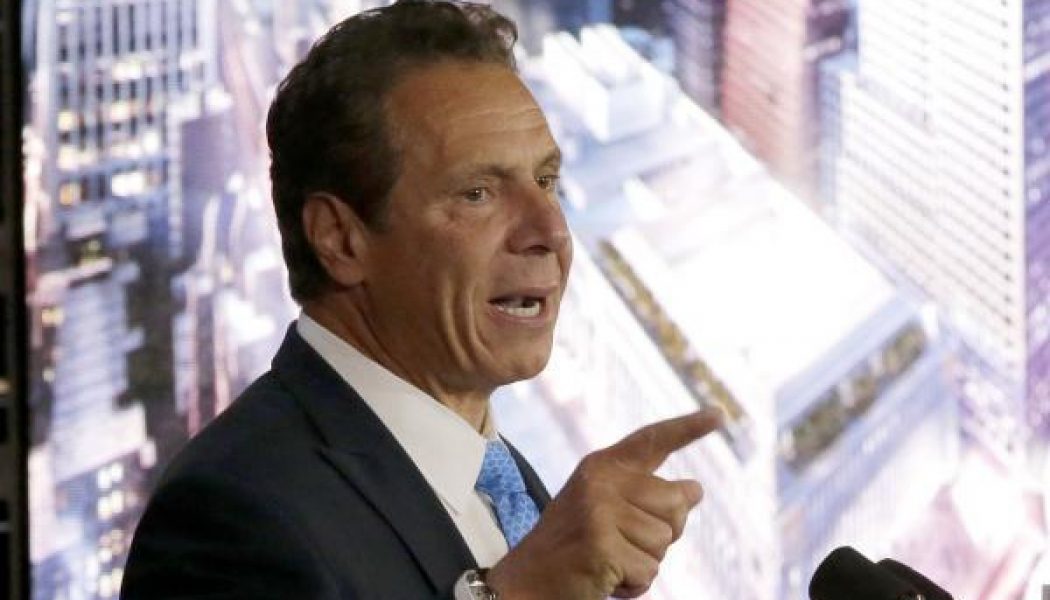Politics & Policy
Saudi Arabia Eyes Higher Oil Prices – U.S. Shale Will Play A Role
OPEC has been on a five year mission to reduce the oil glut sloshed on the global supply by the U.S. Shale production. This mission is finally in reach, Saudi Arabia wants cuts to go further to cause a small supply shortage. The underlying result would be increase oil prices. Previously content with oil at $60 a barrel, Al-Falih is now seeing $70 as the level where crude prices should trade, according to a person familiar with the matter, who asked not to be identified to Bloomberg because the information was private. With the cost of social programs and the pending IPO of Saudi Aramco, a higher oil price would be very beneficial. However, if it’s at the cost of additional market share to the U.S. Shale industry, one questions if additional cuts will have the desired results on price. “If ...
Can Carbon Capture Get A Lifeline – Big Oil CEOs “Phone-A-Friend” Hoping Norway Will Help
As reported by Bloomberg Technology, three of the world’s biggest oil companies called on Norway to help maintain funding for carbon capture and storage technology that is stagnating amid concerns about whether it can ever be cost-effective.At an energy conference in Oslo the CEO’s of Royal Dutch Shell PLC, Total SA and Statoil met to discuss a flagship Norwegian project. The project is one in which the companies plan to store CO2 emissions under the North Sea after they have been transported from onshore industrial plants.The Bloomberg article suggests that the remarks related to this meeting are politically motivated and aimed at the Norwegian parliament, as they are to decide the fate of the project in the coming months. What they are still debating comes back to money and whether...
Trump’s gas tax hike tests whether the federal fuel levy is still a third rail in politics
President Donald Trump signaled Wednesday that he’s open to raising the federal gasoline tax to pay for infrastructure spending, but hiking the fuel levy for the first time in about 25 years faces significant hurdles on Capitol Hill. The issue has long been a dicey one in tax policy. Increasing the price of gas at the pump is seen as having a disproportionate effect on middle- and working-class Americans and could be seen as a violation of the pledge many Republicans have taken to oppose tax increases. But Washington’s reluctance to raise federal fees on gasoline and diesel has put the nation’s ability to fund infrastructure improvements on shaky ground. The gas and diesel taxes contribute most of the revenue that funds the Highway Trust Fund, which accounts for the lio...
Russia Is Taking Over Syria’s Oil And Gas | OilPrice.com
If finally happened… In accordance with an energy cooperation framework agreement signed in late January, Russia will have exclusive rights to produce oil and gas in Syria. The agreement goes significantly beyond that, stipulating the modalities of the rehabilitation of damaged rigs and infrastructure, energy advisory support, and training a new generation of Syrian oilmen. Still, the main international aspect and the key piece of this move is the final and unconditional consolidation of Russian interests in the Middle East. Before the onset of the blood-drenched Civil War, Syrian oil production wavered around 380,000 barrels per day. It has declined for some time then, since its all-time peak production rate of 677,000 barrels per day in 2002… Read Full Article Here: https://oilprice.com/...
Trump’s plan to open California coastal waters to new oil and gas drilling probably won’t go very far
There are two things working against the Trump administration’s proposal to open up California coastal waters to new oil and gas drilling: state regulators and simple economics. California has powerful legal tools to head off new offshore development, and the price of oil offers little incentive to the energy industry to pursue expensive drilling projects next to a hostile state. Read Full Article Here: http://www.latimes.com/local/lanow/la-me-california-offshore-drilling-20180106-story.html
New York unveils new climate initiatives for 2018
As part of a sweeping green mandate, New York’s governor said he’d reconvene a climate advisory panel to avoid “political interference” from the White House. Read Full Article Here: https://www.upi.com/Energy-News/2018/01/03/New-York-unveils-new-climate-initiatives-for-2018/4331514976370/
Tax Bill Supports Oil And Gas Industry, API President Says | OilPrice.com
The U.S. Senate passing the tax reform bill is pro-growth legislation that would help the domestic oil and gas industry, Jack Gerard, President and CEO of the American Petroleum Institute (API), said after the Senators passed the sweeping tax reform on Saturday. “Proposals to lower the corporate tax rate and strengthen cost-recovery provisions can allow the oil and natural gas industry to continue investing billions of dollars in the U.S. economy and add to the 10 million U.S. jobs our industry currently supports,” said Gerard, as carried by The Maritime Executive. “Pro-growth tax reform can support forward-looking energy policies to ensure our nation continues its global energy leadership. We encourage the House and Senate to move forward without delay to bring tax reform legislation to t...


